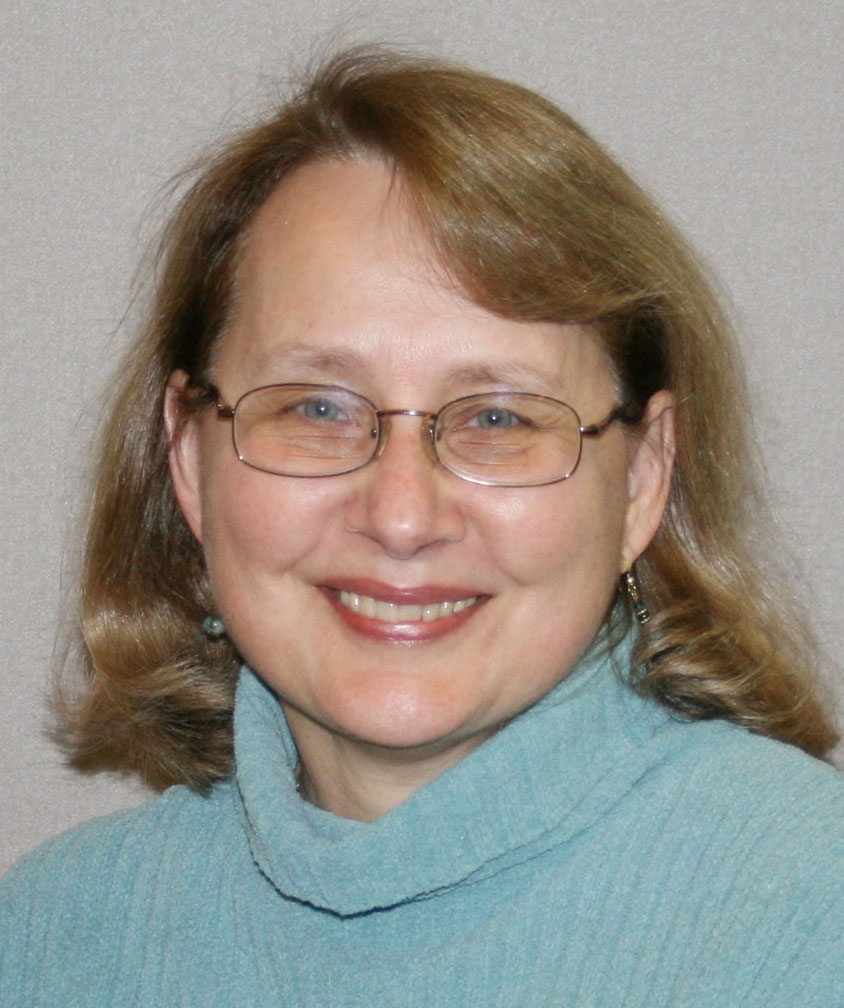 |
Clinical Herbalism and Therapeutic Herbalism
“The ability to really integrate the world of plants with my everyday life is exciting. I see plants in a whole new way…as healing medicines, as well as food and fellow living things.” |
What drew you to MUIH?
I was initially drawn to MUIH after talking with Mae Wright and James Snow, and being able to observe one of Bob Duggan’s acupuncture classes. (I had learned about the school from a friend learning acupuncture). Although I was interested in another program, I sensed that MUIH had a unique and holistic philosophy toward clients, health and students. I explored several different programs and was told by herbalists around the country that if they had had the opportunity, they would definitely have come here due to the expertise of the faculty and the ability to combine scientific with traditional learning in a “hands-on,” mentoring setting. Participating in “Redefining Health” clinched it for me.
What excited you about your academic field?
The ability to really integrate the world of plants with my everyday life is exciting. I see plants in a whole new way…as healing medicines, as well as food and fellow living things.
Has there been a course you’ve particularly enjoyed?
I’ve especially enjoyed the Nature Intensive in Pennsylvania with Andrew Pengelly and Eric Burkhart, in which I learned more about the native Appalachian plants that have surrounded me for most of my life. I now know how to identify healing plants (although I have a great deal more to learn), and respectfully harvest, preserve, and use them for myself and my family. I loved the practicality and spirituality of medicine making with Carla Johnston and Mae Wright, and am learning so much from Bevin Clare; they are inspirational teachers of traditional wisdom. Our group learning in Herbal Therapeutics with Bevin is awesome.
Can you speak more about the faculty here?
Simon Mills and James Snow are outstanding! They’re able to share vast amounts of herbal knowledge from their life experiences, while being very sensitive to the learning needs of students. They’re highly respected all over the world for their scientific backgrounds, yet they can present complex concepts using clinical examples, stories and illustrations that make the complicated very clear and easy to apply. Michael Tims and Andrew Pengelly have different teaching styles, but both are experts who stretch us to learn in challenging ways, and are very responsive to student needs. I can’t forget the excellent library; although not strictly faculty, Jenifer and her staff couldn’t be more supportive.
What’s your best MUIH memory?
Spending time in the Green Farmacy Garden with Dr. James Duke was inspirational. His vast knowledge and sharp wit, and being in a beautiful, healing setting made learning about medicinal plants easy.
Being able to learn in the MUIH Herb Garden was lovely, as well. We often shifted our setting to the outdoor classroom, letting the cultivated herbs and surrounding woodland plants inspire us. Harvesting cleavers growing just outside our classroom window, then juicing them with Andrew to produce a fresh, green lymphatic tonic, was a truly “integrative” experience.
The Student Herb Show last summer was challenging work, but an immensely rewarding opportunity to interact creatively with each other and the public. Not to be missed!
I recently spent a memorable afternoon making medicines in the nearby studio of one of our group members…beautiful day with great people!
How will you use what you’ve learned here?
I’m already integrating my knowledge of herbal medicines into my lifestyle, and I’m able to apply with greater confidence the healing plants that increase wellness. I was initially planning to make a dramatic career change, and now I’m finding that I’m able to apply my knowledge to my current nursing consultation practice, and I’m looking forward to applying practical skills to my women’s health specialty.
What would you say about MUIH to a prospective student who is interested in attending?
The hands-on mentorship provided by renowned herbalism experts is its greatest strength. Their expertise, personal touch and caring support far outweigh the challenges. The Green Farmacy and MUIH gardens are excellent resources, as is the clinic.
I recommend that students come with some background in chemistry and botany. (I had the former, but not the latter, and will take a botany course as soon as I finish here to round out my learning).
What is the one word that comes to mind when you think of MUIH?
Wellness.
Victoria Ransom is enrolled in MUIH’s Master of Science in Therapeutic Herbalism and Post-Master’s Certificate in Clinical Herbalism.